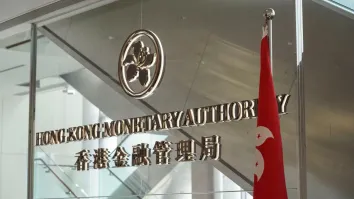
Authorities remove nine categories from proposed extradition law
It will cut sections including bankruptcy, securities and futures, and intellectual property.
The government is scaling back its proposed extradition law by removing nine categories including bankruptcy, securities and futures, and intellectual property amidst concerns raised by opposition lawmakers and Western governments that it could erode the city’s autonomy, a report by Bloomberg revealed.
The proposed law would still include offenses like murder, polygamy and robbery that would be eligible for at least a three-year jail sentence under Hong Kong law.
The proposed law would allow for easier transfer of fugitives to Taiwan, Macau, mainland China or any jurisdiction with which Hong Kong doesn’t have an extradition agreement. It was spurred by the high-profile 2018 murder of a Hong Kong resident whose boyfriend authorities tried to prosecute for her death whilst they were vacationing in Taiwan.
“The purpose of the amendment is to deal with a murder case in Taiwan and to fill in the system’s deficiencies, so as to prevent Hong Kong from becoming a hiding place for criminals and have criminals receive legal sanctions,” the city’s chief executive Carrie Lam, who has defended the law, said.
Though officials won’t submit the amended law until 3 April, it has already stoked fears that it could change Hong Kong’s relationship with China by making it more susceptible to mainland political demands, and raised questions about whether people extradited to Hong Kong will face a greater risk of being handed over to Beijing.
Read the full report here.



















 Advertise
Advertise






